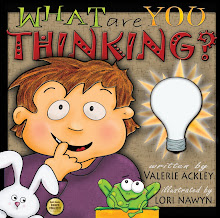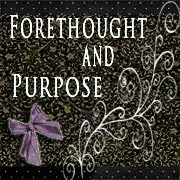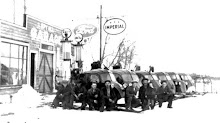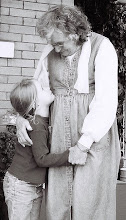I'll Know You by Heart: A Novel by Kimberly JobStephanie Roberts is a victim of abuse, but making the decision to leave her abuser--her husband Mark--isn’t easy. Time and again she forgives his emotional and physical cruelty; she loves him and wants the marriage to work. However, when Mark lashes out at their teenage son, hitting him repeatedly, Stephanie decides she must act to save her children.
I’ll Know You by Heart, the debut novel of author Kimberly Job, struck a nerve with me because I once found myself in the same situation. My husband of five years was domineering and manipulative. He frequently beat me and I feared for my life. I didn’t leave him because I didn’t think I deserved anything better. It was only when I began to fear for the life of our daughter that I found the courage to depart. That was only the beginning of a turbulent ordeal. My ex-husband was good at showing remorse, he wanted me back under his control. But his good intentions were repeatedly washed away on tides of anger. In some ways similar to that of Stephanie Roberts, my passage to healing was long and painful.
I’ve read that this novel is based on Kim’s own experience—my heart goes out to her. Enduring spousal abuse, being trodden into submission by the man who is supposed to love you, is heart wrenching and demeaning; one of the deepest betrayals of trust. To relive abuse through committing it to paper is something I haven’t yet attempted. I admire Kim for her willingness to journey through turmoil and pain as she constructs the lives of Stephanie Roberts and Jared Wakefield, the man Stephanie falls in love with. Jared has endured his share of heartache as well. After losing his wife in a car accident he struggles to find himself again

and to define his role as father to his young daughter.
Kim deftly shows the inner struggles both Stephanie and Jared experience as they strive to maintain emotional equilibrium. And she has penned a cast of well-crafted family members, from children to in-laws, whose lives are also impacted by the inherent anguish and scars of violence, divorce, and loss. The story is testament of the power of love and the strength of the human spirit.
I appreciate the invitation of Kimberly Job's publisher to read and review
I'll Know You by Heart. I look forward to reading more of Kim's work.
From the back cover:The day Stephanie Roberts met Jared Wakefield, she didn’t realize they’d met before. Running from an abusive marriage and trying to safeguard her children, she turns to Jared for support, but he needs more fr

om her than she might be capable of giving. With her abusive husband looming in her past, the difficulties they must overcome to be together seem insurmountable.
Is it possible for love to conquer all? I’ll Know You By Heart is a timeless romance that explores the possibility that relationships span the entire realm of eternity. A story about abuse, hardship, and betrayal, it is ultimately a story about the healing power of everlasting true love.
Price: $16.95
Publisher: Valor Publishing Group, LLC
Genre: Romantic Suspense
Binding: Trade Paperback
Pages: 275
Language: English
ISBN-13: 978-1-935546-13-9
Kimberly Job's Website
 l the last few minutes to try and get pictures.
l the last few minutes to try and get pictures.





















